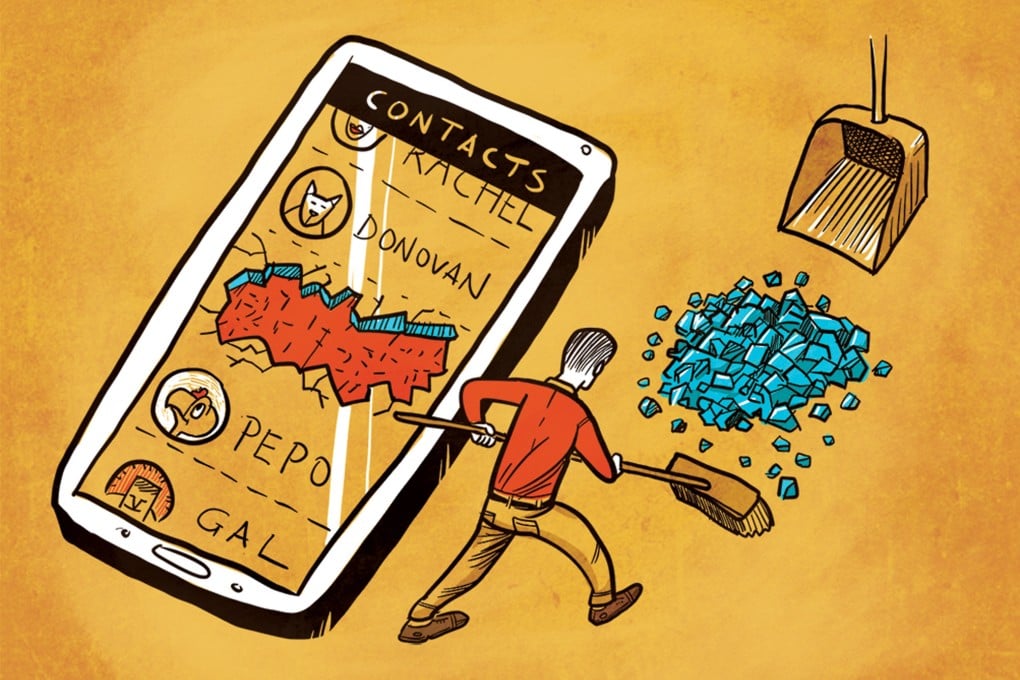The Naked Truth | Love addiction: the symptoms, why such strong desire is bad for us when it’s one-way, and how to get over it
- Intense feelings bordering on obsession, the constant need to be with someone – these are normal symptoms of being newly in love
- If the feelings persist, they can lead to love addiction and serious consequences. Luckily there are ways to fix this

Many of us have heard the phrase “addicted to love” – maybe you’ve heard English rock singer Robert Palmer’s take on the said addiction blasting across the airwaves at some point.
But what you may not have heard is the term “limerence”. This describes an obsessive state of mind in which one experiences intense desire – be it romantic or non-romantic – for another person. It goes beyond love, and is a biochemical process likened to drug addiction.
In some cases, it can have serious consequences if the addict’s feelings are not reciprocated by the object of their desire.
Valentina Tudose, relationship expert and certified hypnotherapist, explains by first exploring the symptoms of love addiction.

“One of the fundamental aspects of romantic love is the desire to share a strong connection with someone. When we are in love, we are thinking about them all the time, needing to see them, hear them and be in their presence as much as possible.
